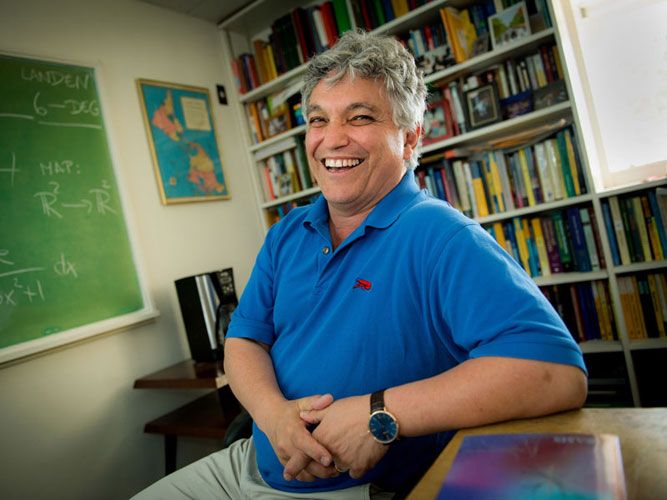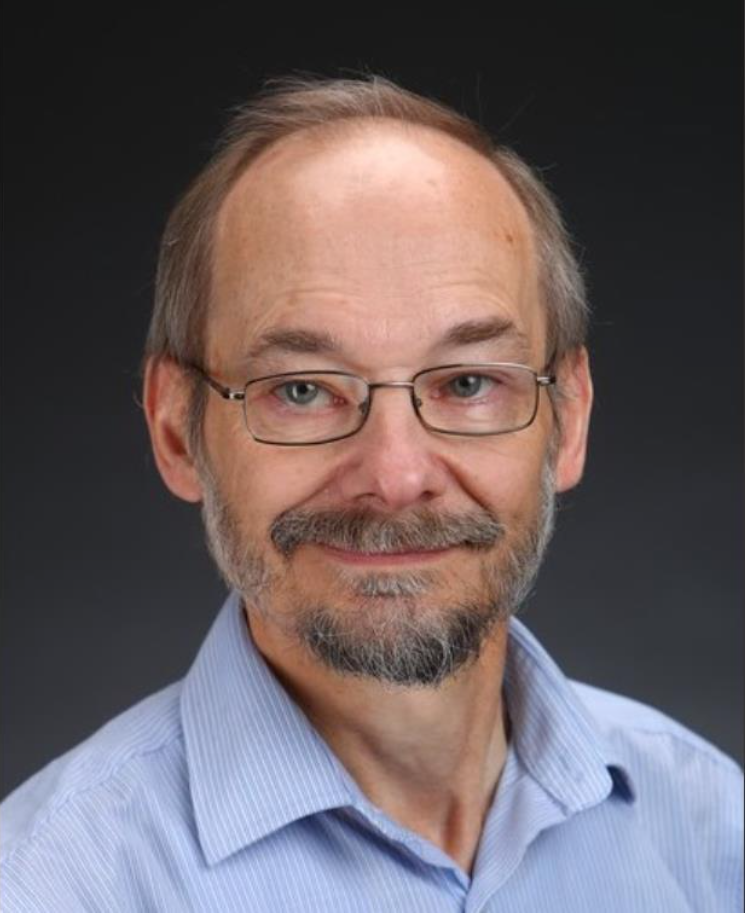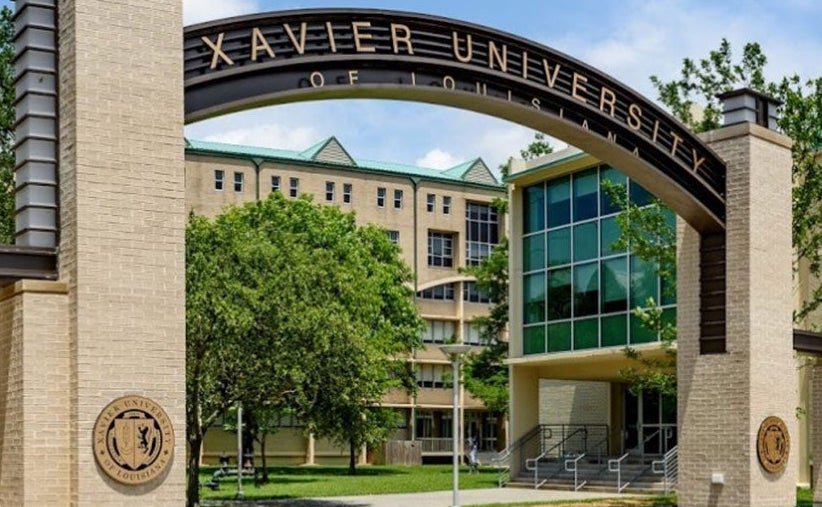Spring 2023 seminar schedule

Tue May 2, 12:15pm · NCF 574 — To count, or not to count
In this talk, we illustrate simple but effective techniques right out of undergraduate mathematics content for the purpose of handling research-level problems. To this end, we split the presentation into two parts: (1) On combinatorial objects; (2) On PDE items. This way, there is something of appeal to most of the audience.

Tue Apr 11, 12:15pm · NCF 574 — Wallis and Landen: a tale of two integrals.
One of the earliest formulas for π was given by John Wallis (1616–1703) in the form of an infinite product. In the beginning of Integral Calculus, John Landen (1719–1790) showed that the integral G(a,b) remains invariant under arithmetic‑geometric mean transforms. Identities of this type are behind modern calculations of π. The talk discusses variations with connections to Number Theory, Dynamical Systems and a new method of integration.

Mon Mar 13, 11:00am · NCF 574 — Leonhard Euler, the Master of Us All
Leonhard Euler (1707–1783) was not only one of the greatest mathematicians; he was one of the most prolific and the most influential mathematicians in history. The talk offers a biographical sketch and puts the various stages of Euler's life and career into a historical and academic perspective, aimed at a general audience.

Tue Mar 7, 12:15pm · NCF 574 — The Euler Totient Function on Lucas Sequences
In 2009, Luca and Nicolae proved that the only Fibonacci numbers whose Euler totient function is another Fibonacci number are 1,2, and 3. In 2015, Faye and Luca proved that the only Pell numbers whose Euler totient function is another Pell number are 1 and 2. Here we add to these two results and prove that for any fixed natural number P≥3, defining the Lucas sequence u₀=0, u₁=1, uₙ=Puₙ₋₁+uₙ₋₂, the only solution to φ(uₙ)=uₘ is φ(u₁)=1=u₁.

Tue Feb 7, 12:15pm · NCF 574 — Linear forms in Logarithms: Baker's theory
Gelfond–Schneider (1934): if α and β are algebraic with α≠0,1 and β irrational, any value of \(α^β\) is transcendental. Baker (1967) generalized this to linear forms in logarithms of algebraic numbers and proved effective lower bounds—work for which he received the Fields Medal. The talk surveys these results and their applications in Diophantine problems.